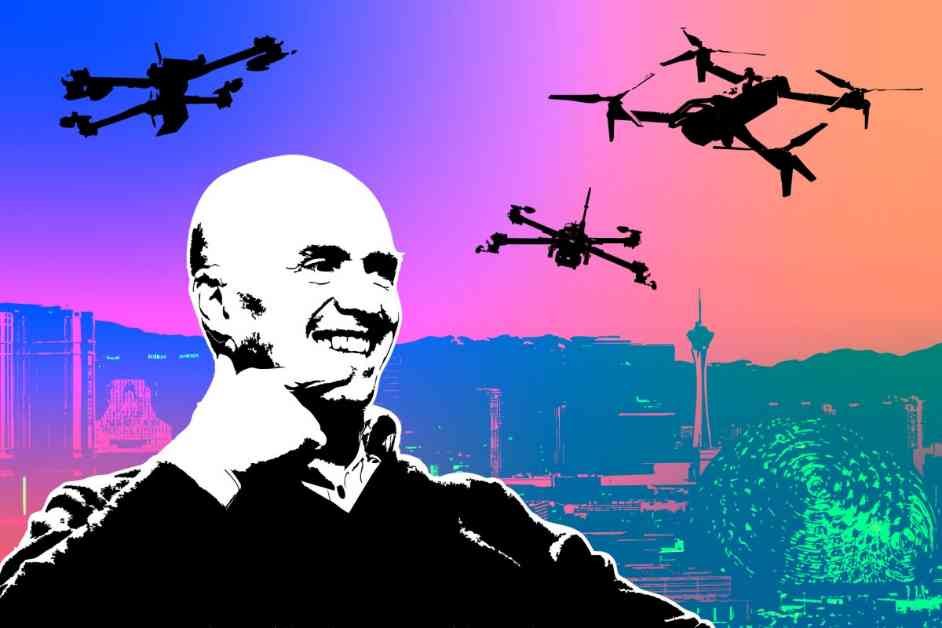Ben Horowitz’s involvement with the Las Vegas Metropolitan Police Department (LVMPD) goes beyond just funding the purchase of Skydio drones. The venture capitalist has facilitated communication between the LVMPD and at least six a16z portfolio companies, as revealed through emails seen by TechCrunch. Over the years, Horowitz has donated at least $7.6 million to fund police department purchases and has also contributed to expanding and improving the LVMPD’s gym. This approach of soliciting donations for police foundations to cover specific equipment purchases has become increasingly popular among some of the largest police departments in the country, although it has raised concerns among experts and advocates for police accountability and surveillance.
Albert Fox Cahn, the founder and executive director of the Surveillance Technology Oversight Project, expressed his concerns about police foundations bypassing the typical procurement process, which could include public meetings, city-approved budgets, and bidding periods. He highlighted the ethical implications and potential biases that could arise from these arrangements, stating that it can make it difficult for the public to hold authorities accountable.
Despite these concerns, Horowitz’s actions have been praised by some, including David Ulevitch, a general partner at a16z. Ulevitch commended Horowitz’s philanthropic efforts in bringing advanced technology to public safety and emphasized the positive impact it could have in cities across America.
Horowitz’s involvement with the LVMPD has not been without its challenges. For instance, a deal with the a16z-backed cybersecurity company Toka did not materialize due to concerns raised by the LVMPD about the technology’s compatibility with their existing infrastructure. This highlights the complexities involved in introducing new technologies to law enforcement agencies and the importance of thorough evaluation and review processes.
Furthermore, Horowitz’s connection with the LVMPD has also led to opportunities for the companies he has invested in. For example, Skydio’s partnership with the LVMPD resulted in Sergeant Brad Cupp, who had advocated for the company’s drones internally, joining Skydio as a program manager. This demonstrates how these relationships can have wider implications for both the companies involved and law enforcement personnel.
The use of police foundations to acquire technology has raised questions about transparency and accountability. Evan Feeney from Color Of Change criticized the lack of transparency surrounding police foundations, describing them as a “legal loophole” that allows private citizens and corporations to influence law enforcement agencies. The limited disclosure of donors and funding allocations by these foundations has raised concerns about potential conflicts of interest and lack of public oversight.
Overall, Ben Horowitz’s close ties with the LVMPD shed light on the complexities of public-private partnerships in law enforcement and the ethical considerations that arise when private entities contribute to funding police equipment and technology. As these practices become more common, it is essential to ensure transparency, accountability, and ethical standards are upheld to maintain public trust and confidence in law enforcement agencies.











